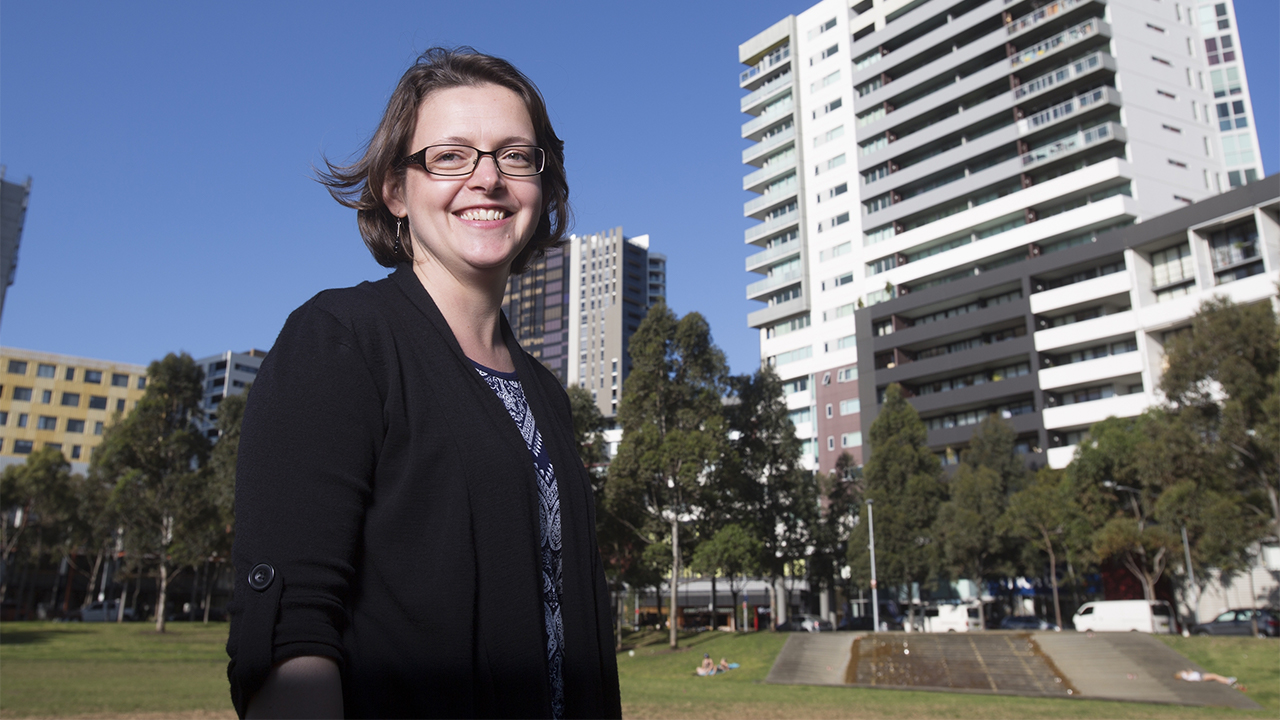Social Return Accounting

Social Return Accounting doesn’t take away important political choices, but it means we can make more informed decisions about how taxpayers’ money is spent, and get real value for Australia.
What’s the value of a hospital? A longer school day? A faster internet?
Social Return Accounting brings the discipline of private-sector investing to public-sector budgeting. It applies rigorous social science to quantifying social benefits. It empowers policymakers – and taxpayers – to calculate the impact of policy choices on a level playing field, considering the value of everything from physical infrastructure to social connectedness, and the cost of everything from crime, to commuting time, to human care.
This innovative new framework is based firmly in the real world. Using the National Broadband Network (NBN) and the National Disability Insurance Scheme (NDIS) as case studies, Social Return Accounting compares the public good gained, or lost, in each policy choice.
This method was developed by co-leads for the UNSW Grand Challenge on Inequality, Professors Richard Holden and Rosalind Dixon, in partnership with economics consultant Alex Rosenberg. The report was officially launched by Former Opposition Leader Dr John Hewson, AM. At the launch event Dr Hewson explained his reasons for supporting this methodology and the authors outlined the framework and it's advantages. Full audio from the event below.
-
1/4
Photo credit: James Coates
-
2/4
-
3/4
-
4/4



